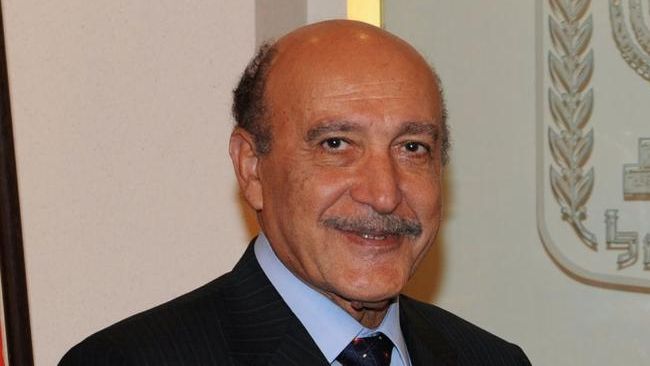
(Photo by Mohamed Omar)
By Ibrahim Al-Masri
The draft NGO law is “purely Egyptian” serving only the highest interests of the country, Chairman of the Shura Council’s Committee for Human Resources Development and Local Governance Abdel Azeem Mahmoud said.
Mahmoud’s statements came during the Shura Council’s session on Tuesday. The committee chairman also said Egyptian lawmakers would not heed the suggestions or criticisms received recently from other organisations operating abroad.
He added that the contents of the law will not be dictated by foreign whims, saying: “We believe in and recognise the importance and role of civil society organisations in helping to promote civil rights, particularly those of women, and working to develop the country’s human potential. This requires that we free up civil society organisations, allowing their work to be voluntary.”
He stated that suggestions made by foreign NGOs regarding the country’s new law which was initially drafted by the presidency, were no different than those made by the committee itself.
Mahmoud added that suggestions made by foreigners would not be recognised, as their ultimate goal was only to upset and confuse the Egyptian political process.
One of the most common suggestions received from foreign organisations, he said, had to do with the right to freedom of assembly and protest, in addition to the protection of women’s rights. “I don’t see the connection between such observations and suggestions and the law itself.”
He also said there was no significant difference between the draft law presented by the presidency and the draft submitted by his committee, saying that a comprehensive dialogue had already been held on the issue, with both parties reaching an agreement. He added that President Mohamed Morsi had exercised his right as president to present the law after a total of 150 hours of discussions had taken place via workshops. The draft released by the president’s office, he said, served as the foundation upon which the final law would be drafted.
Despite this, the Shura Council’s Committee for Human Resources Development and Local Governance recently held a closed-door meeting to discuss the law presented by the president’s office. The meeting was attended by representatives from the finance, social and foreign affairs, and justice ministries, in addition to the cabinet and the Federation of Non-Governmental Organisations.


